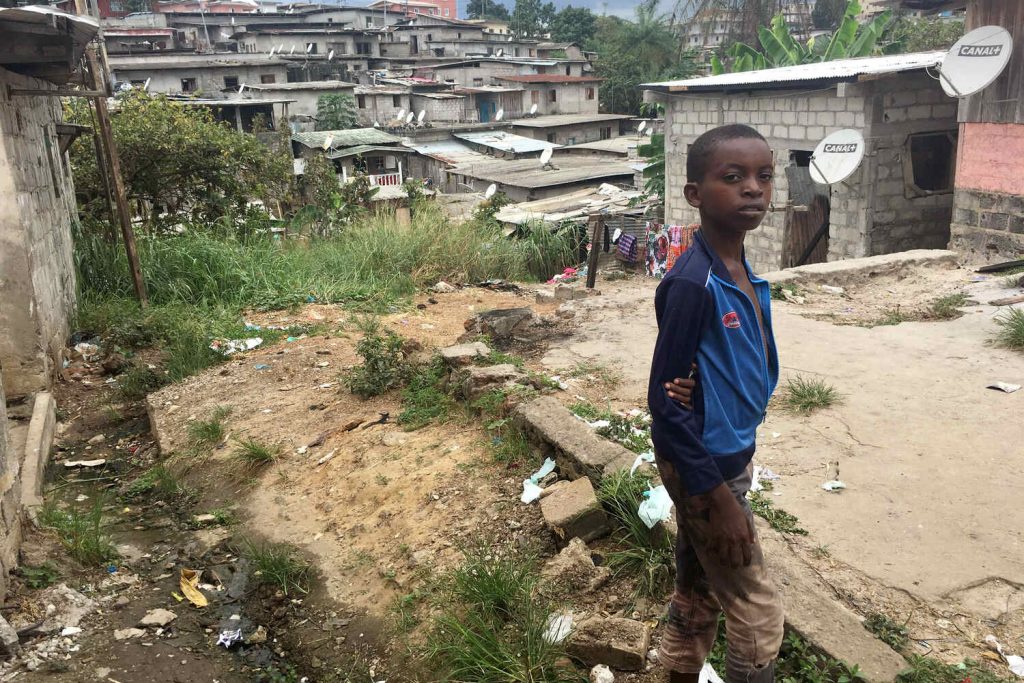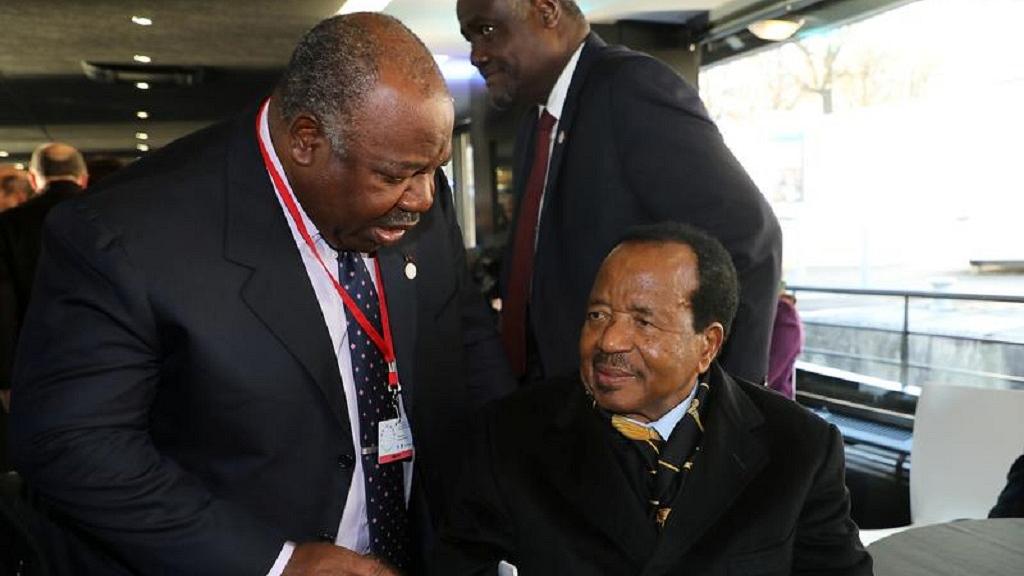Selisu Mborantsuo locks his room and goes off to work. Since the start of the pandemic, he, like many others across the globe, have not had a normal life. His main hassle of selling ground nuts in bars and entertainment joints has stuttered and with it, the livelihoods of his four children.
Lemina narrates how life has been hard. “When the corona disease started in March, I wasn’t sure things were going to be this bad. I survived through the savings I had, but when things became very bad, I sent my children and wife to stay in the countryside and farm.”
But Lemina isn’t the only person suffering in Gabon. And in conventional wisdom, neither he nor 1.3 million others should.
Gabon is an upper-middle-income economy. The fifth largest oil producer in Africa, it has had strong economic growth over the past decade driven by its production of oil and manganese. That oil wealth has made Libreville, the capital, to become one of the most expensive cities in the world. Though, not everyone is benefiting.
Data from the United Nations indicates that 40% of the 2.2 million people in Gabon are unemployed, with between 60% and 70% living below the poverty line, scraping by on less than $1 per day.
The dire economic conditions has pushed the youth of the Central African country to the brink, resulting in many eruptions of violence such as after the controversial presidential elections in 2016 and last month, when thousands of demonstrators flooded to the streets to protest imposition of a night curfew the government says is necessary to curb the spread of COVID-19.
There was even a shambolic military coup that occurred in 2019 during the absence of President Ali Bongo who was receiving medical treatment in Morocco as armed rebels in Libreville took hostages and declared that they had established a “National Restoration Council” to “restore democracy in Gabon”.
Today Libreville looks like any modern wealthy city. Seeing the futuristic government palaces on Omar Bongo Triumphal Boulevard with their flying-saucer and rocket-ship outcroppings, marbled interiors and expanses of plate glass, you’d be forgiven for mistaking it with Singapore’s iconic Southbridge Road.
But behind that magnanimous show of wealth lies a stretch of shacks and shanties stretching to the horizon. Selisu and thousands of folks leave here, where the main economic activity isn’t oil drilling but street vending.

Surprisingly, the reasons behind this stark inequality lies with the oil sector. While the sector has accounted for 80% of exports, 45% of GDP, and 60% of fiscal revenue on average over the past five years, it employs just 5% of its workforce. As a result, expatriates majorly from France and the U.S. are enjoying the dividends of the oil wealth, and there is a significant presence of military troops from both Western countries in Gabon.
Economic Plunder
Gabon has been ruled by one family – the Bongo family – over much of its existence, and they have been accused both locally and abroad of looting their country’s wealth.
In 2018, it emerged that the Bongos and their inner circle – including a judge who has been instrumental in helping the family hang on to power – purchased at least seven properties worth over $4.2 million in and near Washington D.C., a destination whose real estate has long attracted African dictators.
Further investigations by the U.S. authorities revealed that when Omar Bongo was in power, he brought $1 million in shrink-wrapped $100 bills to the U.S. and handed it over to one of his daughters, Yamilee Bongo-Astier.
The unemployed university student kept the stash in a bank safety deposit box and, when questioned, told bank employees that she expected additional funds from her father to purchase a $2.2 million condo in New York City, according to a 2010 U.S. Senate report on illicit financial flows into the United States.
The report also details that Bongo-Astier was able to deposit large sums of her father’s cash into accounts in U.S. banks, which often did not flag her as a politically exposed person, a designation that could have triggered enhanced scrutiny of the source of those funds. She also confirmed that she bought luxury vehicles for Gabonese officials in the U.S. at her father’s request.
By the time of his death in 2009, Omar Bongo had ruled oil-rich Gabon for over four decades and amassed a fortune that included at least 183 cars, 39 luxury properties in France, and 66 bank accounts. In the country’s capital, Libreville, this accumulation of wealth exclusive to the president, his family, and their inner circle is popularly referred to as the “Bongo system.”
When Omar Bongo died in 2009, his son Ali Bongo took over, admittedly continuing with his father’s autocratic rule and state plunder of national resources.
Ali Bongo previously had been a funk singer whose album “A Brand New Man” enjoyed relative success. He quit singing in the 1980s and changed his name to Ali from Alain.
President Ali Bongo’s election and re-elections were heavily disputed by political opposition, with the matter going all the way to the highest court, which is headed by Marie-Madeleine Mborantsuo, the elder Bongo’s one-time romantic partner.
Nicknamed 3M, the 65-year-old judge was the founding president of the Constitutional Court of Gabon, and has been instrumental in ensuring the longevity of the Bongos’ reign through various legal challenges to their rule. Her court oversaw the contested electoral results in 2009 and 2016, and sided both times with the president.

Crisis
As the state plundered wealth, Gabon sunk into more and more debt to the extent Fitch is now warning that failure to access a new IMF programme would increase risks to Gabon’s ability to service its debt.
The firm estimates that Gabon will require budget support loan disbursements from external creditors of about 3.5% of GDP to meet its funding needs. “Our base case is that a successor programme will be put in place, but there are risks.”
Fitch also adds in its press release released a week ago, “Gabon’s record indicates that delays are likely and could result in liquidity stress even if it enters a new IMF programme and identifies sufficient additional funding to cover its 2021-2022 needs. It has historically resorted to the accumulation of arrears during periods of low oil prices, including external arrears.”
Fitch believes it likely that Gabon accumulated new external arrears during 2020.
“The risk to debt sustainability is not as pressing as liquidity risk despite the surge in indebtedness in 2020. Higher oil prices and production along with continued fiscal discipline could put Gabon’s debt on a firm downward trajectory.”
Selisu sneaks back to his home as police begin to sweep through his neighborhood. Scared of receiving a brutal beating or being shot, he says he had to stop his hawking business early and rush home. His earnings for the day are meager but he can take solace in the fact that not only he is suffering. 1.2 million others are in a country that is so rich. Just like Selisu they can only hope for a day that they’ll be proud to live the “Gabonese dream”. A dream that expatriates and those in the governing class relive.

